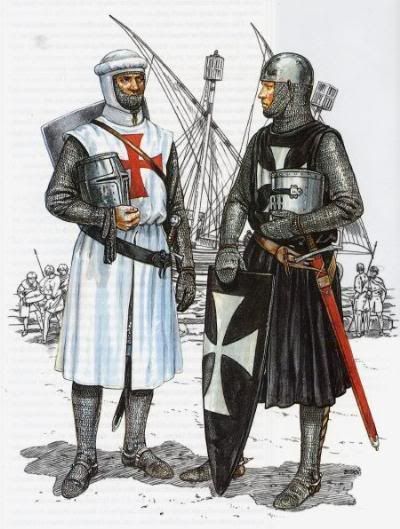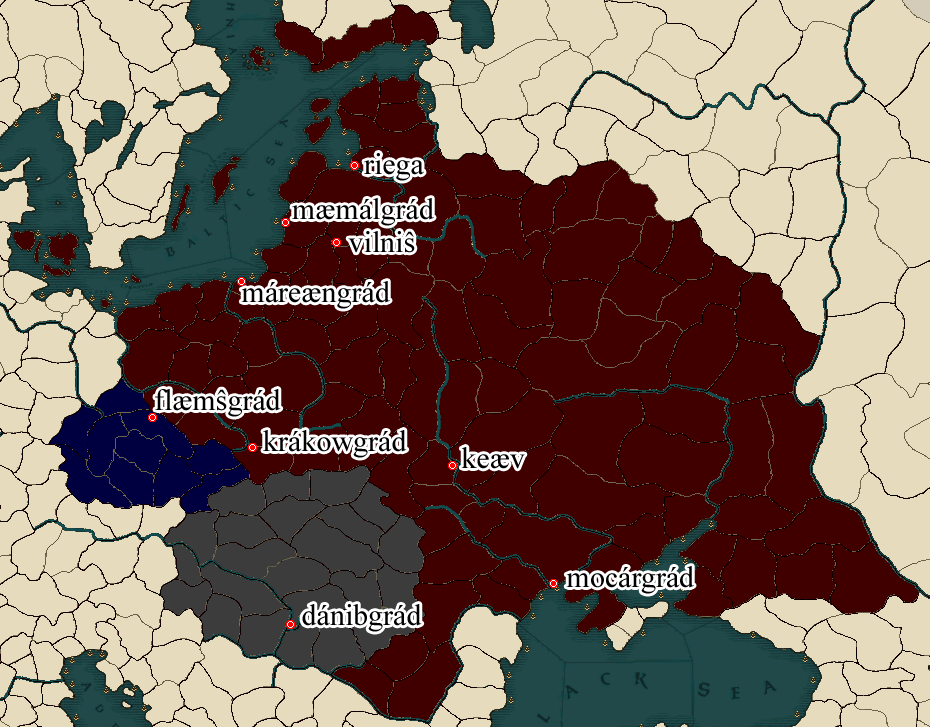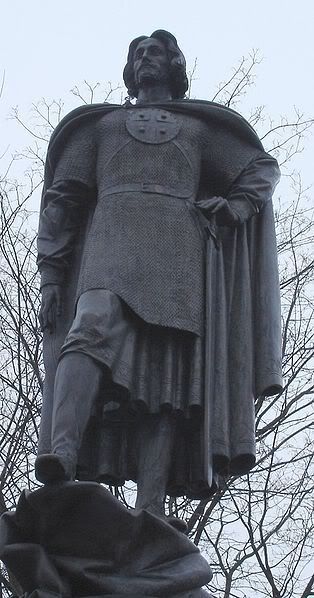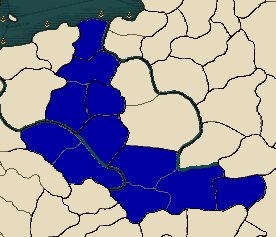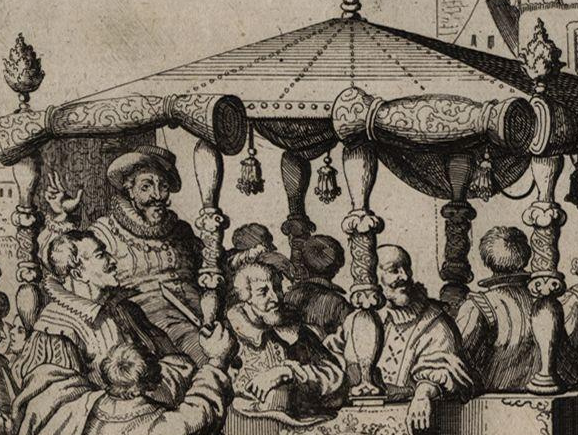Homelands
Chapter Twenty Four: Call to War
Part 5
Prelude:
Between 1231 and 1240, King Karnak went on a building spree across his three Kingdoms. Unlike Sviendorog's plan to build inns and watch towers to improve communication and trade, Karnak's building was more about ego. Across the nations he had nine magnificent palaces built in his honor. Most were centered about Memelgrád and the remains of the Principality of Prussia. The first was the largest of the nine, the palace at Keæv, meant as a autumn palace. The winter palace, at Mocárgrád was the second one to be built. Each palace was build in a different style and on land owned by the King. In some cases Karnak had to get the land from nobles, churches or even peasants. For Bohemia it meant that the Imperial capital moved from Prague to Flæmshgrád, though the local capital remained in place. But his reign was not all easy, in the south his vassal Serlo Dormandy was going about conquering Taurica from Rome using dubious legal means. This was causing Karnak to have many a sleepless night. Tensions with the new dynasty were racial and historical in nature, but now it was becoming political as well. Karnak was quick to want to end the issue without resorting to war or the removal of his favorite amongst his vassals.
The locations of Karnak's nine palaces.
February 6th, 1235
It was a rare meeting of monarchs in Mocárgrád. King Karnak áv Hwike, Sich Serlo Dormandy, Prince S'vester Windor, and Emperor Sigeric Hwicce. They were in the winter palace, some of which was still under construction. It was the first time that Karnak had ever even met Sigeric. S'vester was getting old, especially for a ruler on the frontier, so he seemed uninterested in the events around him. Childless, wifeless, the man was a eunuch from a young age after an accident in training. Serlo was his cousin, and though there were people of closer blood, there were few of such prestige. But there-in lie the problem, Prussia's inheritance system based on ability versus Rome's inheritance system based on birth right.
"This is absurd, you are trying to take sovereign Roman soil and hand it over to some damned barbarian!" Sigeric shouted. Karnak and Serlo looked at each other from across the seating arrangement.
"That land is hardly part of the Roman Empire," Karnak started, "There are no Romans there, it is a pathetic little colony that remains completely unattached from the main land!"
"If it is so pathetic why is it so damned important that it falls in Prussian hands?!"
"Because it is part of the Sich." Serlo answered.
"Who asked you?" Sigeric shouted.
"You did, your majesty. Taurica is Azowian territory, it belongs with the rest of Zaporozhia, with me. And as the best candidate for S'vester's succession under Prussian and Azowian law, it will eventually fall under my control," Serlo said calmly and quietly. He looked Sigeric in the face and did not waiver as he spoke these words.
"No, Roman territories follow Roman law! His brother shall inherit the realm, I shall see to that!"
"Heh, my brother... I don't think so, your majesty, you have never met my brother... but I would also say that you have never met any of your subjects outside of Constantinople..." S'vester quipped, "The Sich is different than the City. We are constantly under fire from Turks and pagans and we need a ruler who not only near-by, but also one of our kin... we are not Prussians, and we are certainly not Romans."
"The Azowian people will only listen to an Azowian, and more over... they will only listen to a proven commander and leader, such as myself," Serlo said.
"Rome has bigger issues, you are not a popular heir yourself, Sigeric. Don't you have bigger fish to tend to in your nets? Like the Komnenids and their revolt in Asia Minor?" Karnak asked, a large smirk on his face. He knew he had struck a chord with the Saxon in Roman robes.
"Why, cousin, do you defend this peasant?" Sigeric asked, almost mockingly.
"I am no peasant, maybe you've heard of my pedigree?" Serlo asked.
"Dormandy does not ring a bell."
"How about de Normandie?" Serlo asked, lowering his brow and glaring. He clasped his hands together and left his index fingers pointing upwards along the bridge of his nose. "I assume you've heard of them."
Sigeric's face whitened as the blood drained in embarrassment. "Still, my point stands... once Roman lands, always Roman lands."
"You might want to remind those damned Italians then," Karnak laughed. Sigeric scowled, he was not here to be made fun of.
"That's it, do you want a war, cousin?! I'll give you one if that is what you want! I am not to be mocked like some damned child! So laugh one more time! One more damned chuckle! Then face the wrath of Rome!"
The room grew silent, Sigeric threw his glare around to the different faces, proud of his success. Serlo was the first to look back up. His face was not of shame or smallness, it was of defiance, "Then bring war, Emperor of Rome, bring war and I shall send your men back to you. You bring the war, I shall bring you the carnage. You bring war, I shall make it into victory. Threats, your majesty, that's all your war is... a threat. So, are you sure enough of your rule? Your men? Your claims? Your nation? I shall reply to your war. Just we... just the Azowians. Let us show you our mettle!" He was now standing, his face in the face of the Emperor, his smile ear to ear. S'vester was moved enough that a single tear was in his eye. The Sich stood up all the way, a whole head taller than Sigeric, "Azowians do not fear war! We enjoy it! We live by it!"
Karnak's eyes opened wide, he could not believe what he was seeing. Nor could Sigeric, even Serlo seemed slightly surprised. Sigeric shook briefly, then spitting, "Fine! Have the damned lands... I don't care anymore!" His face turned a bright red, but everyone else light out a sigh of relief. Serlo, however, looked let down, he wanted a fight... but his King did not. It had been a huge risk, and probably ruined Roman-Prussian relations for years. Sigeric quickly left, his servants in close pursuit.
Karnak, his face now serious turned to Serlo, but the Sich responded first, "I am sorry, your majesty. I forgot my place." His voice was honest and Karnak heard that.
The King nodded and placed a hand on Serlo's back. "I enjoyed it," he said after a few moment's thought, "It had to be done."
"Very well, King of Prussia."
Serlo Dormandy, Sich of Zaporozhia.




